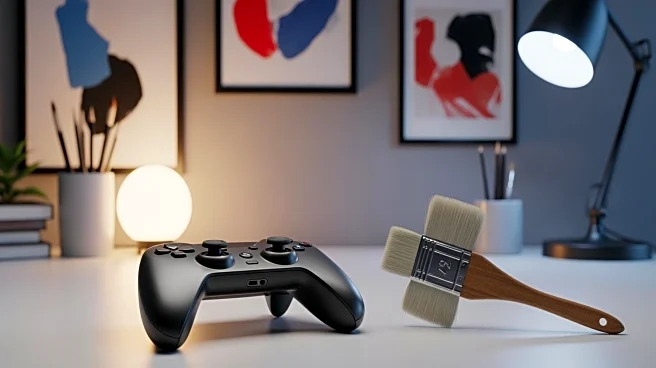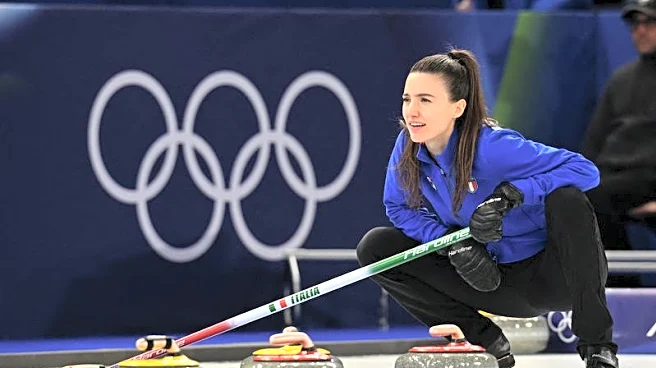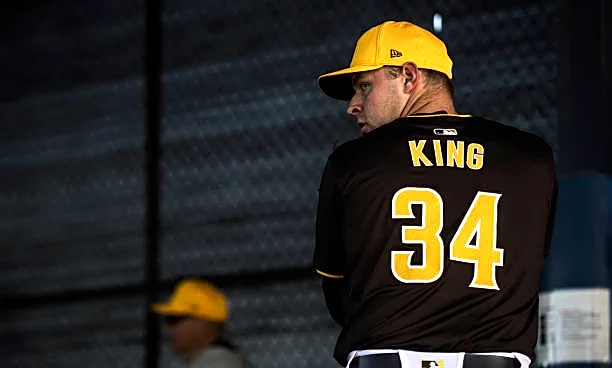What's Happening?
Pocketpair, the developer behind the game Palworld, has taken a firm stance against the use of generative AI in game development. According to John Buckley, the communications director and publishing manager
at Pocketpair, the studio's newly established publishing division will not collaborate with game developers who utilize generative AI. Buckley emphasized that while the studio is open to working with developers from diverse backgrounds, the use of generative AI, Web3, or NFTs is a deal-breaker. This position is in contrast to other major publishers like EA, which are increasingly integrating AI into their operations. Buckley expressed concerns about the proliferation of low-quality, AI-generated games, particularly on platforms like Steam, and anticipates a future market shift towards authenticity in game development.
Why It's Important?
Pocketpair's decision to reject generative AI in its publishing operations highlights a growing divide in the gaming industry regarding the use of AI technologies. As major publishers embrace AI to enhance game development, Pocketpair's stance underscores a commitment to traditional game-making processes and authenticity. This could appeal to a segment of the gaming community that values originality and craftsmanship over AI-generated content. The move also reflects broader industry concerns about the potential flood of low-quality AI-generated games, which could impact consumer trust and market dynamics. By positioning itself against this trend, Pocketpair may attract developers and players who prioritize quality and innovation over technological shortcuts.
What's Next?
Pocketpair's ongoing legal battle with Nintendo over the game Palworld adds another layer of complexity to its operations. The lawsuit centers on Nintendo's claim that mods do not constitute 'prior art,' challenging the originality of Palworld. As the case progresses, Pocketpair's stance on AI and its commitment to originality may play a role in its legal strategy and public perception. The outcome of this lawsuit could have implications for how intellectual property and originality are defined in the gaming industry, potentially influencing future legal disputes and industry standards.











